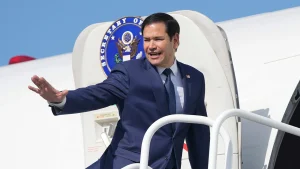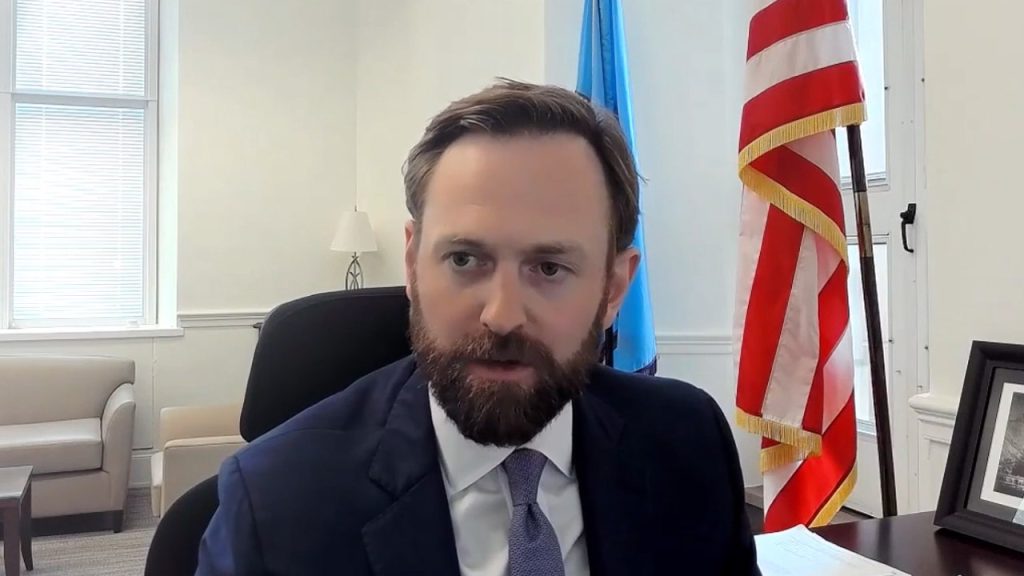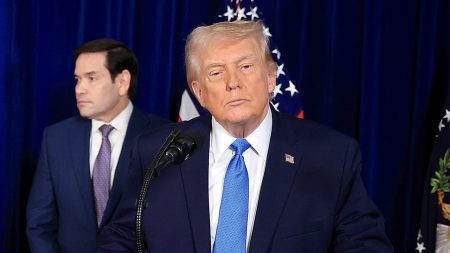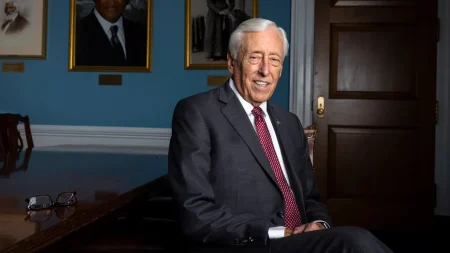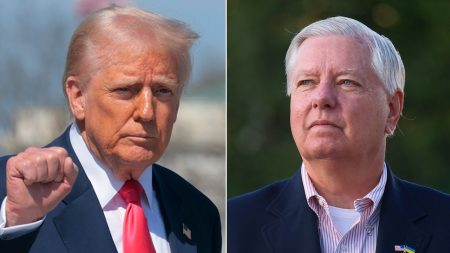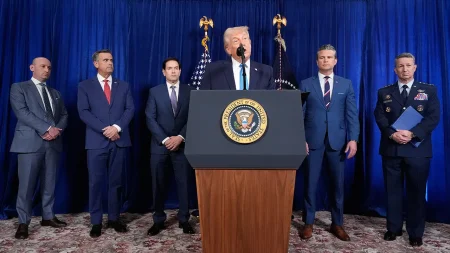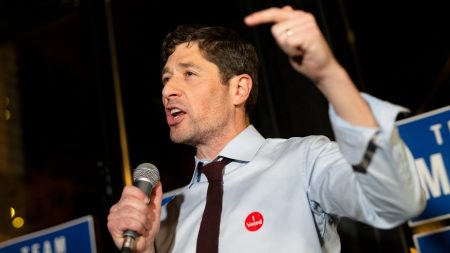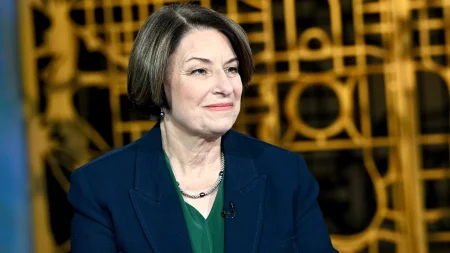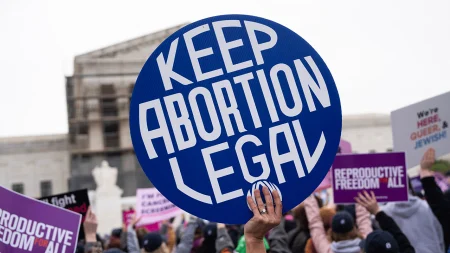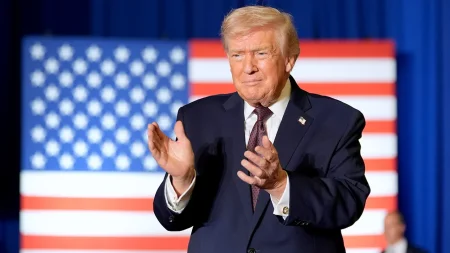Andrew Ferguson’s Ascendancy to FTC Chair: A Shift in Antitrust Enforcement and Big Tech Scrutiny
President-elect Trump’s selection of Andrew Ferguson to chair the Federal Trade Commission (FTC) marks a significant shift in the agency’s direction, signaling a potential easing of antitrust enforcement and a renewed focus on protecting free speech online. Ferguson, currently a commissioner at the FTC, has been lauded by Trump as a champion against Big Tech censorship and a proponent of innovation, promising an "America First" approach to the agency’s mission. This appointment replaces Lina Khan, whose tenure was marked by aggressive antitrust actions against major corporations, including Amazon and Meta, and a focus on consumer protection. Ferguson’s ascension is likely to usher in a less interventionist era at the FTC, potentially impacting the future of antitrust enforcement and the agency’s relationship with Silicon Valley.
From Biden Appointee to Trump’s Choice: An Unlikely Trajectory
Ferguson’s appointment is notable considering he was initially appointed to the FTC by President Biden just a few months prior. This bipartisan appeal underscores his reputation as a thoughtful legal mind and experienced regulator. Prior to joining the FTC, Ferguson served as the solicitor general of Virginia, further solidifying his legal credentials. Despite his initial appointment by a Democratic president, Ferguson’s views on antitrust enforcement and Big Tech regulation appear to align more closely with the Republican party’s stance, emphasizing innovation and free speech concerns. This alignment with Trump’s agenda, particularly concerning Big Tech’s alleged censorship practices, positions Ferguson as a key player in the incoming administration’s efforts to reshape the digital landscape.
A Less Interventionist Approach to Antitrust: Implications for Corporate Mergers and Acquisitions
Khan’s leadership at the FTC was characterized by a proactive approach to antitrust enforcement, challenging several high-profile corporate mergers and acquisitions, including the proposed merger between Kroger and Albertsons. This aggressive stance drew criticism from some quarters, particularly within the business community, who argued that her actions stifled innovation and competition. Ferguson’s appointment suggests a departure from this aggressive approach, potentially leading to a more permissive environment for corporate consolidation. This shift could have significant implications for the future of antitrust enforcement, potentially impacting the ability of smaller businesses to compete and the overall concentration of market power.
Balancing Innovation and Competition: The Challenge Facing the New FTC Chair
While Ferguson’s nomination suggests a less interventionist approach to antitrust enforcement, it’s important to note his stated commitment to addressing anti-competitive behavior. His prior statements calling for the prosecution of unlawful collusion between online platforms indicate a willingness to challenge practices that limit free speech and competition. This seemingly nuanced approach presents a challenge for the incoming FTC chair: balancing the promotion of innovation with the need to maintain a competitive marketplace. The tech industry, in particular, will be watching closely to see how Ferguson navigates this delicate balance, as his actions could have far-reaching consequences for the future of the digital economy.
Free Speech vs. Censorship: A Renewed Focus on the Digital Public Square
Trump’s emphasis on Ferguson’s commitment to protecting free speech signals a renewed focus on the role of Big Tech platforms in regulating online discourse. Concerns about alleged censorship and bias on social media platforms have been a recurring theme in conservative circles, and Ferguson’s appointment suggests that the incoming administration intends to address these concerns. While the specifics of how the FTC will approach this issue remain to be seen, it’s likely that Ferguson will scrutinize platform policies and practices related to content moderation, potentially leading to new regulations or enforcement actions. This focus on free speech within the context of antitrust enforcement represents a novel approach, raising questions about the appropriate scope of the FTC’s authority and the potential impact on online platforms’ ability to manage harmful content.
The Future of Antitrust Enforcement: Uncertainty and Opportunity
Ferguson’s appointment to chair the FTC marks a significant turning point for the agency, ushering in a period of uncertainty and opportunity. While his specific policy priorities remain to be seen, his past statements and Trump’s endorsement suggest a less interventionist approach to antitrust enforcement and a renewed focus on free speech concerns within the digital realm. The tech industry, consumer advocates, and legal scholars will be closely monitoring Ferguson’s actions in the coming months, as his decisions will shape the future of antitrust enforcement and the balance of power within the digital economy. The challenge for the new FTC chair will be to navigate the complex interplay between innovation, competition, and free speech, ensuring a fair and dynamic marketplace for businesses and consumers alike.

